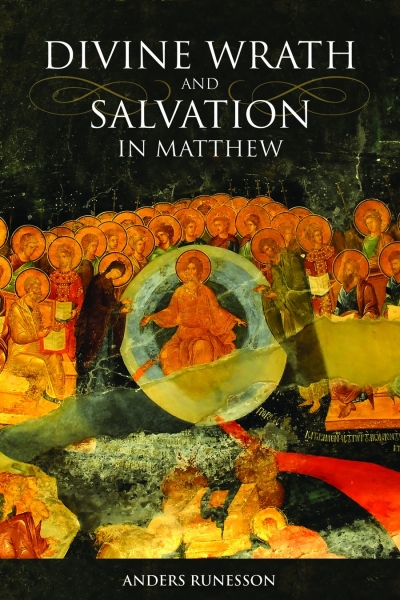"Matthew's Gospel has often been read as a story of rejection and replacement—the rejection of the Jews for their rejection of Jesus, and the replacement of Israel by the (largely or exclusively) gentile church. In this brilliant and groundbreaking work, Anders Runesson tackles this 'gentile bias' reading of Matthew head-on. Moreover, he does so by focusing on an element that has often played a central role in such anti-Jewish readings—the heightened emphasis on divine judgment in the First Gospel. With Divine Wrath and Salvation in Matthew, Runesson takes his place at the forefront of a growing group of scholars who want to repatriate Matthew—to read the First Gospel from a position 'within Judaism' rather than within gentile ecclesiasticism. Essential reading for all who are interested in the Synoptic Gospels, the question of anti-Judaism in the New Testament, and related matters."
Divine Wrath and Salvation in Matthew
The Narrative World of the First Gospel
- In stock
- Kindle
-
Quantity discount
- # of Items Price
- 1 to 9$99.00
- 10 or more$74.25
